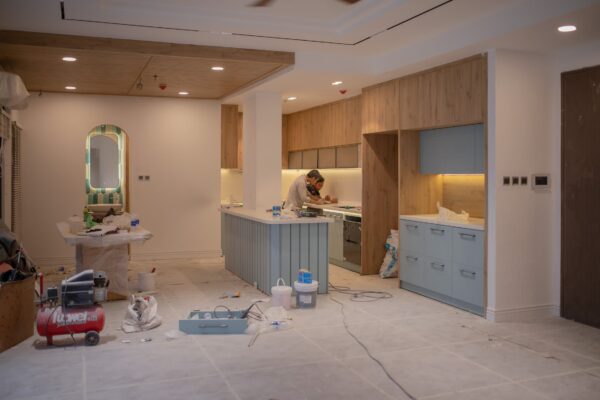When preparing to sell your home, it’s natural to want to make it as appealing as possible to potential buyers. However, not every repair or improvement is necessary or financially beneficial. In fact, there are certain things that you might want to leave as they are. In this article, we’ll discuss what not to fix when selling a home, helping you save time, money, and unnecessary effort while maximizing your selling potential.
- Minor Cosmetic Flaws: Small cosmetic imperfections, such as a few scuffs on the walls or minor scratches on the floor, do not necessarily need to be repaired. These flaws are often easily overlooked by buyers, and the cost and time required to fix them may not be worth it in the end. Instead, focus on cleanliness and decluttering, which have a more significant impact on buyers’ perception.
- Personalized Decor: While your home may be filled with personal touches and unique decor that reflect your taste and personality, it’s advisable to tone down or remove these items before listing your property. Buyers want to envision themselves in the space, and personal belongings can be distracting. Consider neutralizing the decor to create a more universally appealing environment.
- Extremely Expensive Renovations: Unless absolutely necessary, undertaking major renovations or high-cost projects may not yield a worthwhile return on investment. Buyers often prefer to make their own design choices and may not value the upgrades as much as you do. Instead, focus on essential repairs and improvements that are more likely to attract buyers and increase your home’s value.
- Over-Improving for the Neighborhood: While it’s important to make your home competitive within the local market, over-improving your property for the neighborhood can be a costly mistake. Consider the average home values and features in your area and avoid going significantly beyond them. Buyers may be less willing to pay a premium for upgrades that exceed the neighborhood standards.
- DIY Projects: If you have completed DIY projects that are not up to professional standards, it may be best to disclose them rather than attempting to hide or cover them up. Buyers appreciate transparency, and it’s essential to avoid potential legal or financial issues down the line. It’s always better to be honest about any work done and provide buyers with an opportunity to assess its quality and make informed decisions.

When selling your home, it’s crucial to focus your time and resources on repairs and improvements that will yield the greatest return on investment. By understanding what not to fix, you can save yourself unnecessary expenses and stress. Remember, a well-presented, clean, and properly maintained home will attract buyers, and strategic choices about what to leave untouched can help streamline the selling process and maximize your success. Consult with a trusted real estate agent for further guidance tailored to your specific situation.
